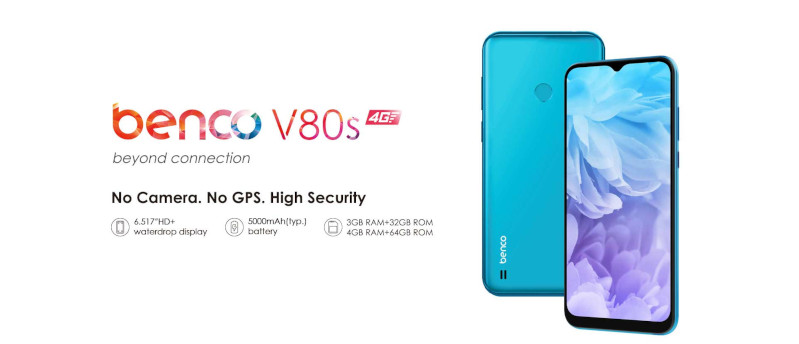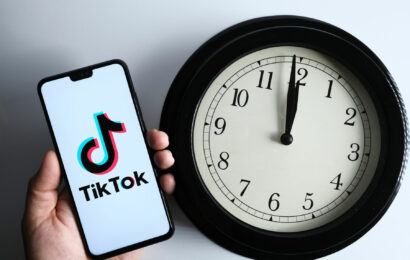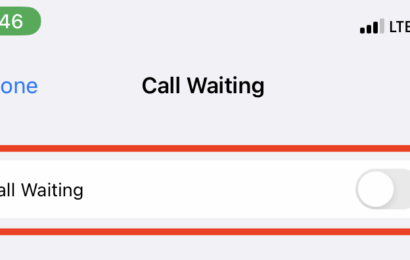Phones Without GPS
Contents
Worried about your phone sending coordinates of your exact location to the NSA every 30 seconds? Or perhaps you’re more concerned with the likes of Google knowing your every move. Maybe you work in a highly competitive field where industrial espionage is widespread. How can you avoid all the surveillance inherent in the modern world?
There is no such thing as an untraceable phone. The only way you can avoid tracking is by not communicating at all. However, privacy is not impossible. You may never be completely immune to tracking but you can take steps to make it a lot harder for anyone to keep tabs on your location. Using a phone without a GPS chip is a first step. With additional precautions, you guarantee your privacy even more.
Do basic phones have GPS?
Generally, no. Some modern iterations of basic phones come with GPS chips and 3G internet connectivity so make a point of avoiding those.
Best phones without GPS
Dumb phones
Dumb phones are a cheap and low-tech way to avoid tracking. The major benefit of dumbphones comes from their simplicity. You don’t have to worry about them getting hacked because there’s precious little to hack in the first place.
Dumb phones do the basics. They make calls and send texts and that’s it. They don’t have cameras that can be hacked to record you or GPS chips that track your every step. They can’t connect to the internet so there’s no way for them to secretly transmit your data to anyone.
Dumb phones can still be tracked through cell triangulation but it is far less accurate than GPS. You can also use them only to communicate and shut them down immediately afterward. You can change your number periodically to throw off surveillance.
Do also remember that communication is two-way. All your precautions don’t mean much if the person on the other end of the line is careless.
Governments or anyone with a mole at the phone company can intercept your communications if they know your number so be careful about what you say. Some governments that won’t be named even go as far as intercepting and recording all calls and texts made within their borders as a matter of policy.
Benco V80S
The Benco V80S is somewhere between a smartphone and a dumb phone. It’s an Android smartphone so it will allow you to do all the smartphone things like connect to the internet, send emails, use IM services, and play Candy Crush but Benco has two excellent privacy features: it has no cameras and no GPS chip.

Besides the absence of cameras and a GPS chip, Benco features no additional security modifications. It runs a stock Android 11. Its build makes it less secure than a dumb phone but it has more functionality. Pricing details for the V80S are yet to be disclosed.
Purism Librem 5
Purism Librem 5 is a smartphone for users who want privacy without having to resort to a cell phone manufactured in 1994 for their communication needs. The Librem 5 does have a GPS chip but it comes with kill switches at the side of the phone that physically disconnect GPS, Wi-Fi, Bluetooth, and cameras.
The Librem 5 runs on PureOS, a free and open source privacy-centric mobile OS that’s not based on Android. All the software the Librem 5 runs is open-source as well for maximum transparency.
Bittium Tough Mobile 2C
Bittium is one of the many companies out there that brag about making secure phones with military-grade encryption and the best security. The problem is that we only have their word for it. Such claims have fallen short before.
Bittium, however, has been in the business for a while, over 20 years. That by itself is no qualification but in recent years, startups touting to sell “secure” smartphones have turned out to be government fronts selling malware-ridden phones that logged everything their customers did on the devices.
This has given the other companies in the sector a bad name. Thus the 20-year-old Finnish company that has been highly secure phones and radio communication equipment for all that time is a safer bet than a hot three-year-old startup that may turn out to be an NSA honeypot next month.
The Bitium Tough 2C is nothing special. It uses a hardened Android 10 OS. It’s supposed to have super hard encryption to break but the proprietary software makes all this iffy. You have to take Bittium’s word for it. The phone performs frequent kernel checks for any intrusions.
Bittium is also cagey about the pricing. They appear focused on selling their devices to organizations rather than individuals. Nevertheless, Bittium has been in the business for two decades without complaints so they’re worth a mention. Bittium says they only sell the Tough Mobile 2C to governments and qualified organizations, whatever those are.
Can a phone without GPS be tracked?
Yes. Phones work by connecting to a cell tower. When you make a call or send a text, the signal from your phone pings off the nearest cell tower. It keeps pinging from cell tower to cell tower until it reaches the intended target. A government or anyone with a mole at the phone company can track you by monitoring your cellphone’s connection to a cell tower.
Cell towers have a range of up to 35 kilometers (21 miles) so in rural areas with spotty cell service, you’re practically a needle in a haystack 42 miles wide.
Urban areas with higher cell tower density make tracking easier as your phone always connects to more than one cell tower at a time whenever possible. With connections to three cell towers, anyone can put you within a triangle that could be as small as 1,000 feet to a side. That’s how cell triangulation works.
Even then, cell triangulation is a lot less accurate than GPS which can give your location to within an accuracy of 20 meters (around 65 feet).
The US government, which owns and operates GPS satellites, actually limits GPS accuracy for commercial applications so if it’s them tracking you, they will know exactly where you are down to the inch. That’s how they’re able to launch surgical drone strikes against moving vehicles in the Syrian desert from control rooms 7,000 miles away in Las Vegas.
Beware of Anom, the FBI’s fake encrypted phone, and similar schemes
In recent years, law enforcement agencies in Europe, the US, and Australia have sold purported encrypted phones to criminals and then spied on them.
These phones, like the FBI’s Anom, were stripped of all functionality and loaded with a single app for “encrypted” communication. They couldn’t make calls or send emails or do anything else. While criminals thought they were safe, law enforcement agents were logging everything they did on their “secure” phones.
If you are involved in criminal activity, I would advise you to reconsider your life choices. If you’re just a privacy-conscious person then you need to know that security begins with you. Don’t entrust your privacy to a third party and sure as hell don’t use any technology you don’t understand yourself. Techy words don’t make a product secure.
There are a lot of buzz words out there: encrypted, hardened kernel, military-grade, blah blah blah. Don’t be easily impressed. Every technology has vulnerabilities. Anyone that claims theirs doesn’t is lying. Open source software is a good indication of an honest company.
Inaccessible black boxes claiming to be unbreachable should set off warning alarms. Governments know we know they’re spying on us so they have to get sneakier.
Verdict: Is there a truly untraceable phone?
No.





